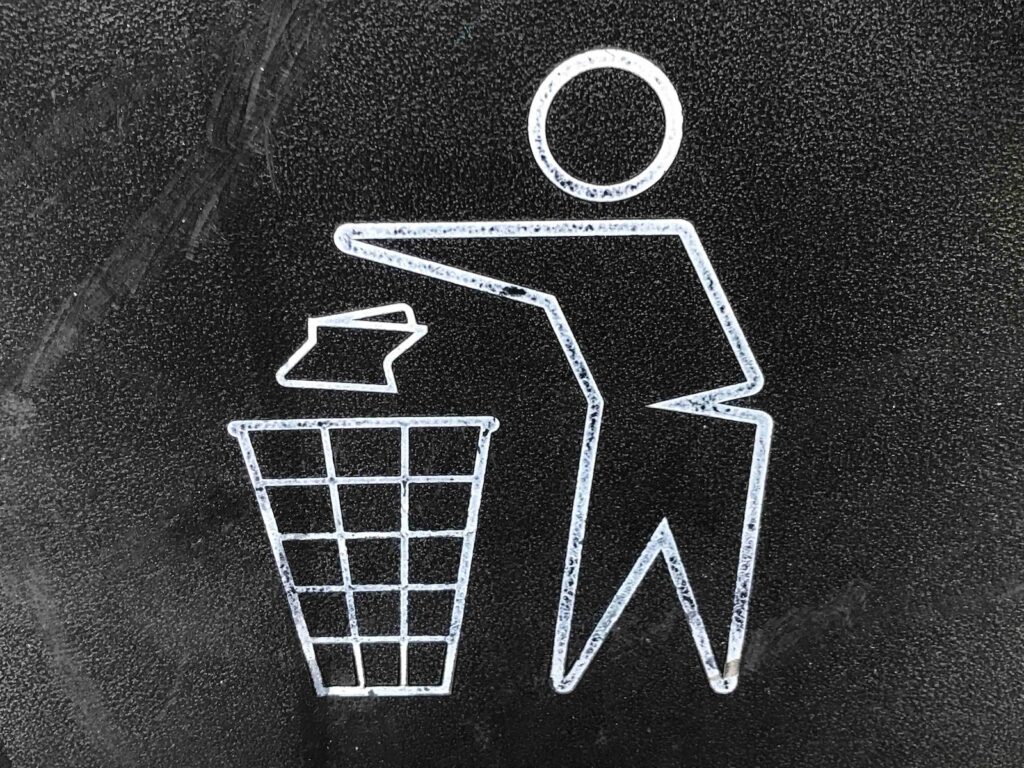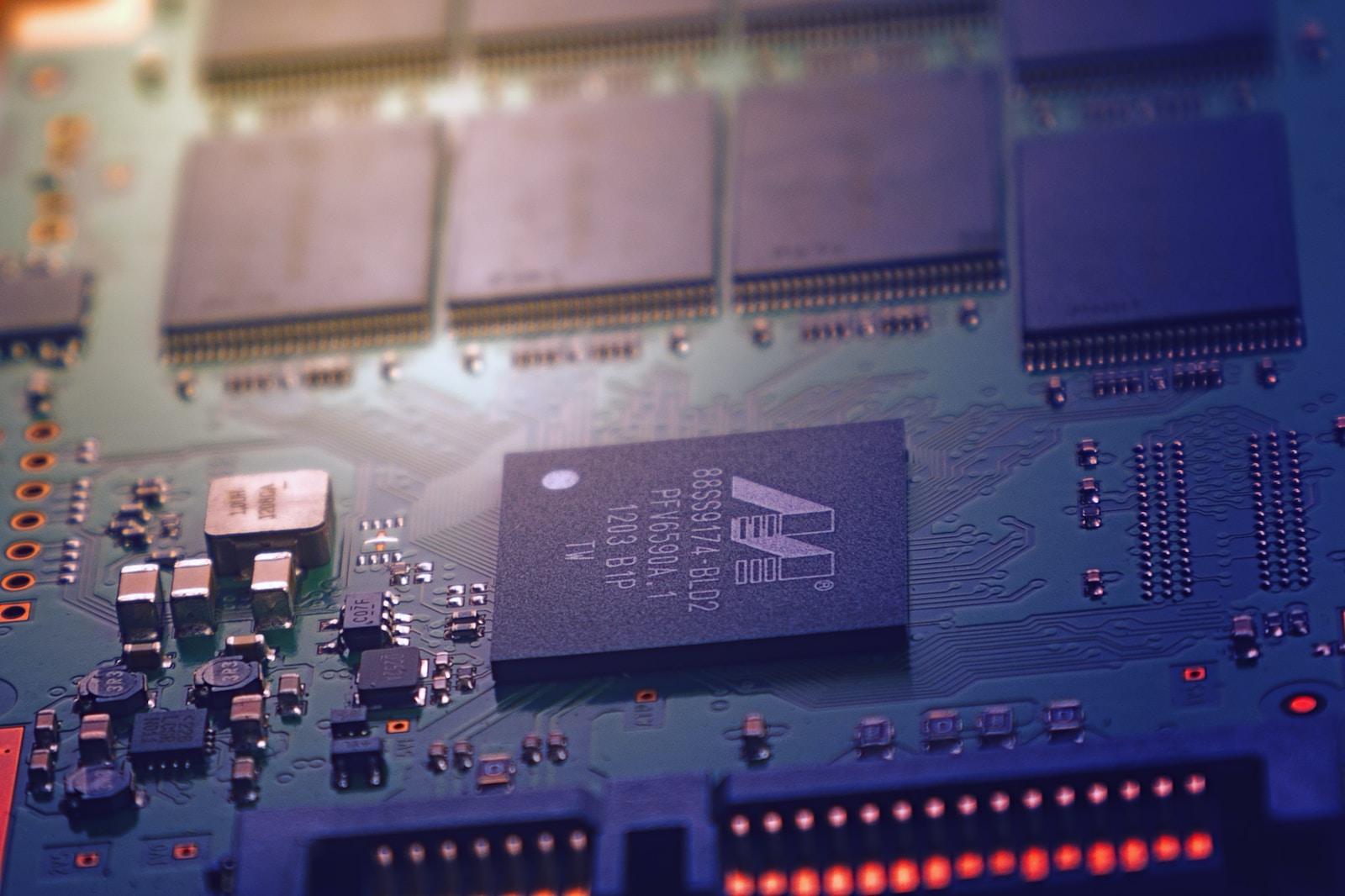The electronics industry has experienced rapid growth and innovation, but this progress has come at an environmental cost. The production and disposal of electronic devices contribute to energy consumption, carbon emissions, and hazardous waste. Recognizing the need for sustainable electronics has become imperative. In this article, we will explore green technologies in electronics, e-waste solutions, and the roles of consumers, corporations, and global efforts in creating a more sustainable electronics ecosystem.
The Environmental Impact of Electronics
The lifecycle of electronic devices, from manufacturing to disposal, poses environmental challenges. Electronics production consumes vast amounts of energy, leaving a substantial carbon footprint. Furthermore, electronic devices often contain hazardous materials, making their disposal a complex issue.
Green Technologies in Electronics
To mitigate the environmental impact, the electronics industry is adopting green technologies. Energy-efficient components, sustainable materials, and eco-friendly manufacturing processes are key aspects of this transition. Additionally, the use of renewable energy sources in electronics production reduces the industry’s reliance on fossil fuels.
Extended Product Lifecycles
Designing electronics for durability, repairability, and upgradability can significantly extend their lifecycles. Electronics that are built to last and can be easily repaired or upgraded contribute to sustainability. Consumers benefit from longer-lasting devices, reducing the frequency of replacements.
E-Waste Challenges
E-waste, the disposal of electronic devices, is a growing global concern. Improperly managed e-waste can result in environmental contamination and health risks for communities. Responsible recycling and disposal are critical to address this issue.
E-Waste Solutions
Efforts to combat e-waste include recycling programs, circular economy models, and innovative upcycling initiatives. Recycling electronics can recover valuable materials, while circular economy models aim to reduce waste by designing products for reuse and recycling. Innovations in upcycling turn e-waste into new and valuable products.

The Role of Consumers
Consumers play a pivotal role in sustainable electronics. Making informed purchasing choices, supporting repair and refurbishment initiatives, and practicing responsible disposal are essential actions. Consumer demand for sustainable electronics can drive industry change.
Corporate Responsibility
Electronics manufacturers are increasingly adopting green initiatives and sustainability commitments. Transparent supply chains and responsible materials sourcing are becoming industry standards. Corporate practices and policies influence the overall sustainability of the electronics sector.
Global Efforts and Regulations
Internationally, agreements and conventions address e-waste management. National and regional regulations are also being established to govern the disposal and recycling of electronics. Consistent and comprehensive policies are crucial to tackling e-waste on a global scale.
Conclusion
Sustainable electronics are not only an environmental imperative but also a societal responsibility. Green technologies, responsible e-waste management, and the efforts of consumers and corporations are shaping a more sustainable future for the electronics industry. As we navigate the digital age, prioritizing eco-friendly choices and responsible e-waste practices will be pivotal in reducing the environmental impact of electronics and creating a more sustainable world.

